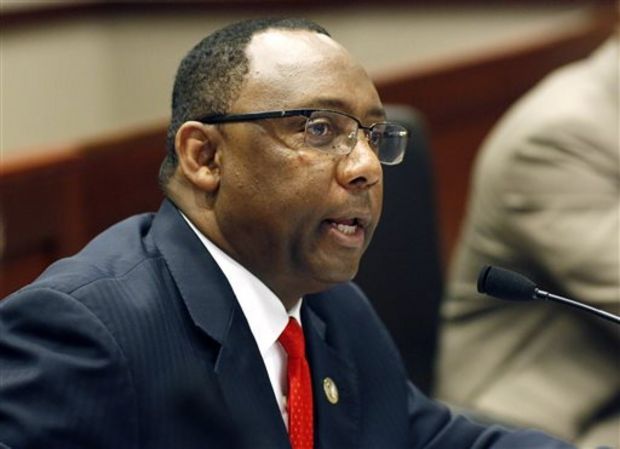
JACKSON – (AP) A post-conviction petition by Mississippi death row inmate Willie Jerome Manning was filed too late to be heard in state courts, a federal appeals court panel has ruled.
A three-judge panel of the 5th U.S. Circuit of Appeals dismissed Manning's petition on Tuesday.
The panel said the judgment against Manning became final on April 5, 1999, when the U.S. Supreme Court declined to hear his appeal.
In a post-conviction petition, an inmate argues he has found new evidence – or a possible constitutional issue – that could persuade a court to order a new trial.
The panel said that under state law, Manning had until April 5, 2000, to file such a claim. Court records show Manning did not file anything with the Mississippi Supreme Court until Oct. 8, 2001.
The 5th Circuit said Manning did nothing to further his case for 19 months, and it could not consider a petition that was filed outside established guidelines.
Manning received two death sentences for the 1992 slayings of two Mississippi State University students. A jury in Oktibbeha County convicted Manning in 1994 for killing Jon Steckler and Tiffany Miller.
On Dec. 11, 1992, the bodies of Miller and Steckler were discovered in rural Oktibbeha County. Both students had been shot to death and Miller's car was missing. The vehicle was found the next morning.
Prosecutors said Manning was arrested after he attempted to sell certain items belonging to the victims.
His conviction was upheld by the Mississippi Supreme Court, which also denied Manning's post-conviction petition.
In 2005, Manning filed a petition in U.S. District Court asking that the state court be ordered to hear his post-conviction claims.
According to the court record, the Mississippi federal judge found Manning had not filed his post-conviction petition within a year as required by state law.
However, the judge said Manning could file an appeal with the 5th Circuit on issues of ineffective counsel and whether blacks were inappropriately excluded from his Oktibbeha County jury.
Manning is black.
On Tuesday, the 5th Circuit panel declined to address those issues.



